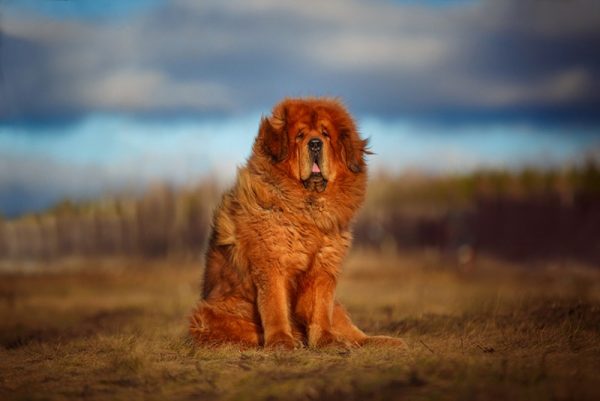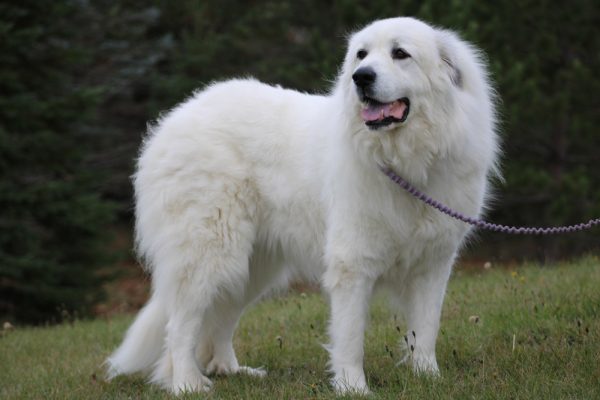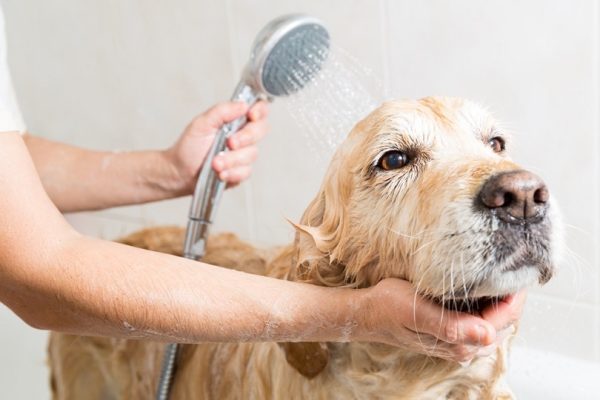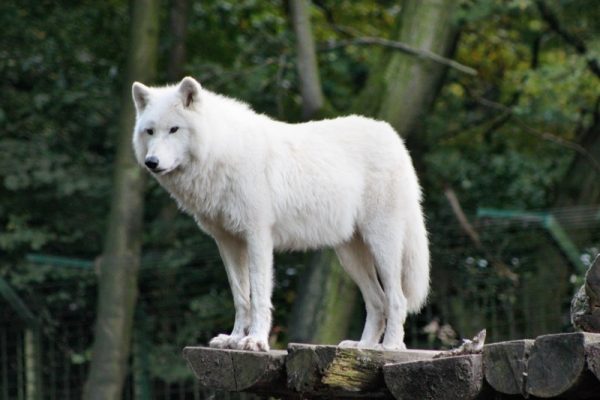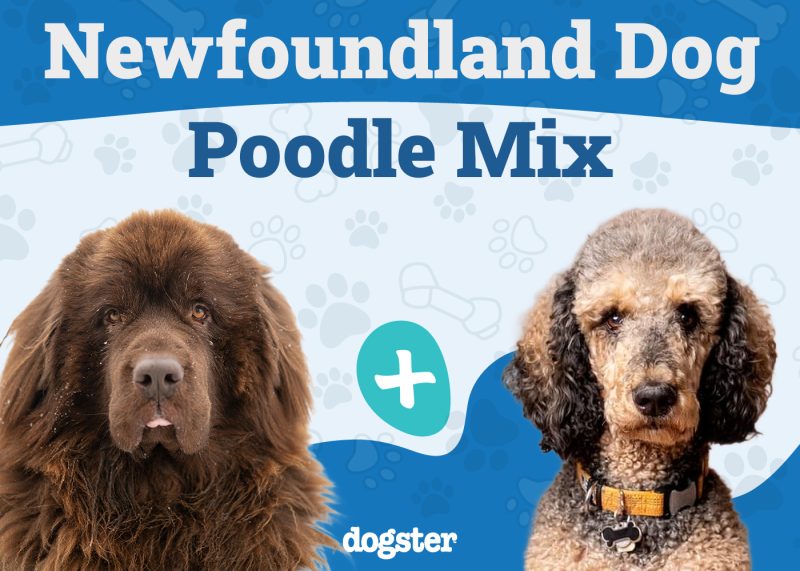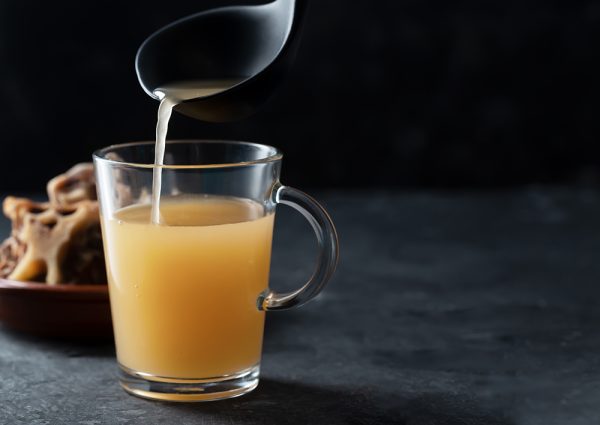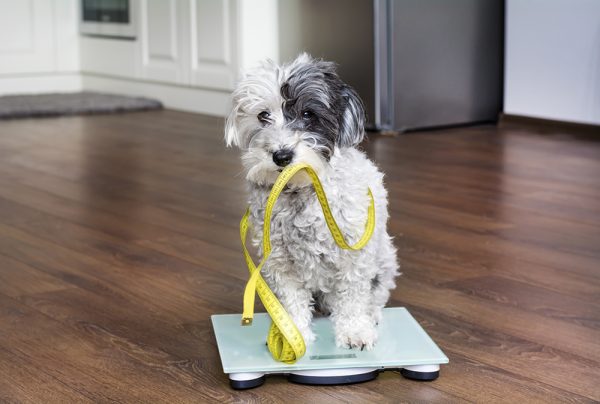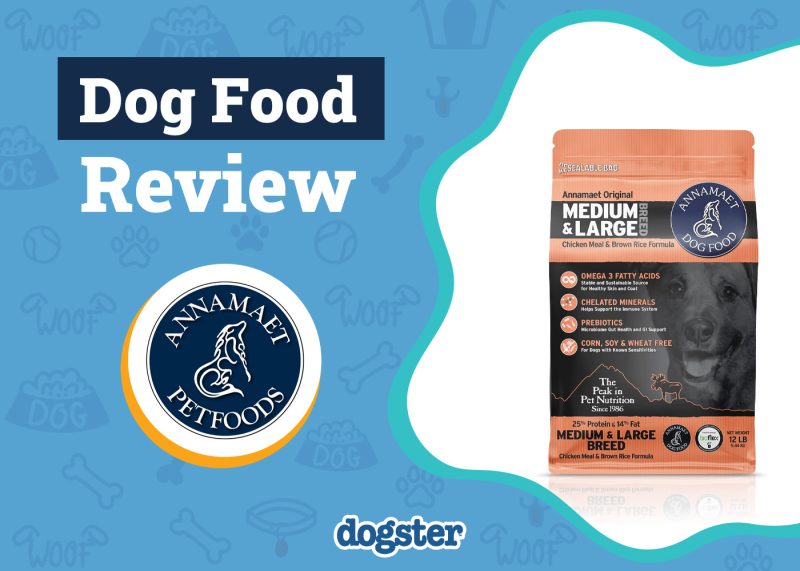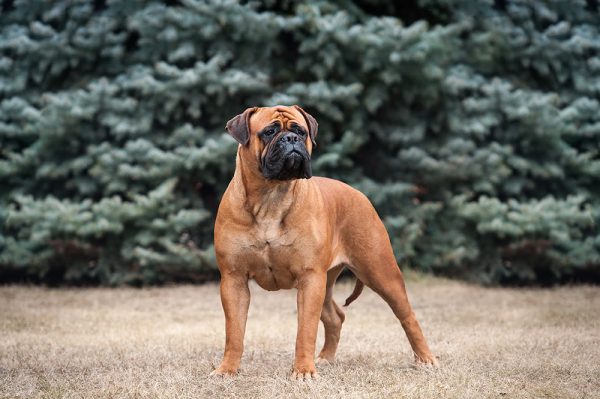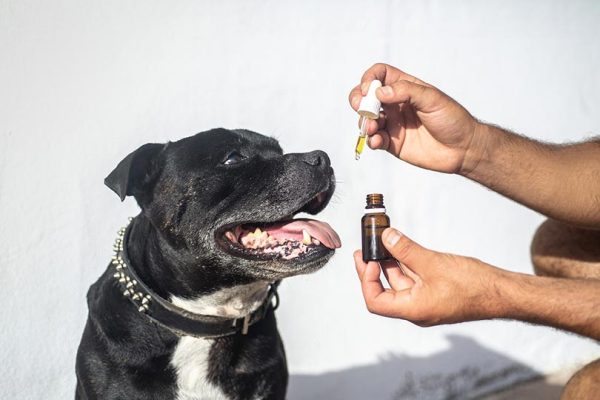In this article
View 8 More +Mixed breeds are all the rage, and the more you learn about them, the easier it is to see why. The Soft Coated Golden is a dog breed that combines the Wheaten Terrier and the Golden Retriever, and with so many great core traits to pull from, it’s no wonder why they’re becoming so popular.
Breed Overview
Height:
18–23 inches
Weight:
35–70 pounds
Lifespan:
10–14 years
Colors:
Wheaten, dark golden, golden, and light golden
Suitable for:
Active families, multi-pet homes, and people with fenced-in yards
Temperament:
Loyal, intelligent, easy to train, friendly, social
With two parent breeds that are known as phenomenal family dogs, it’s no wonder that so many people are considering a Soft Coated Golden as their new companion. But while they generally get along with everyone, that doesn’t mean they’re the perfect choice for every family, especially since they require constant love and attention while needing plenty of space to roam and run around.
Soft-Coated Golden Characteristics

Soft-Coated Golden Breed Puppies
As designer breeders like the Soft Coated Golden are becoming increasingly popular, it’s becoming easier to find puppies. However, if you’re not overly interested in getting a purebred Soft Coated Golden, you can often find these dogs in shelters; just expect that they might have a few other breeds mixed in as well.
If you do happen to find a breeder for Soft Coated Goldens, ensure you get plenty of references, complete a thorough background check, and get a health guarantee before you bring any of the puppies home. It might complicate things a bit for you, but it ensures you don’t accidentally end up supporting a puppy mill or wind up with a pup full of medical problems.
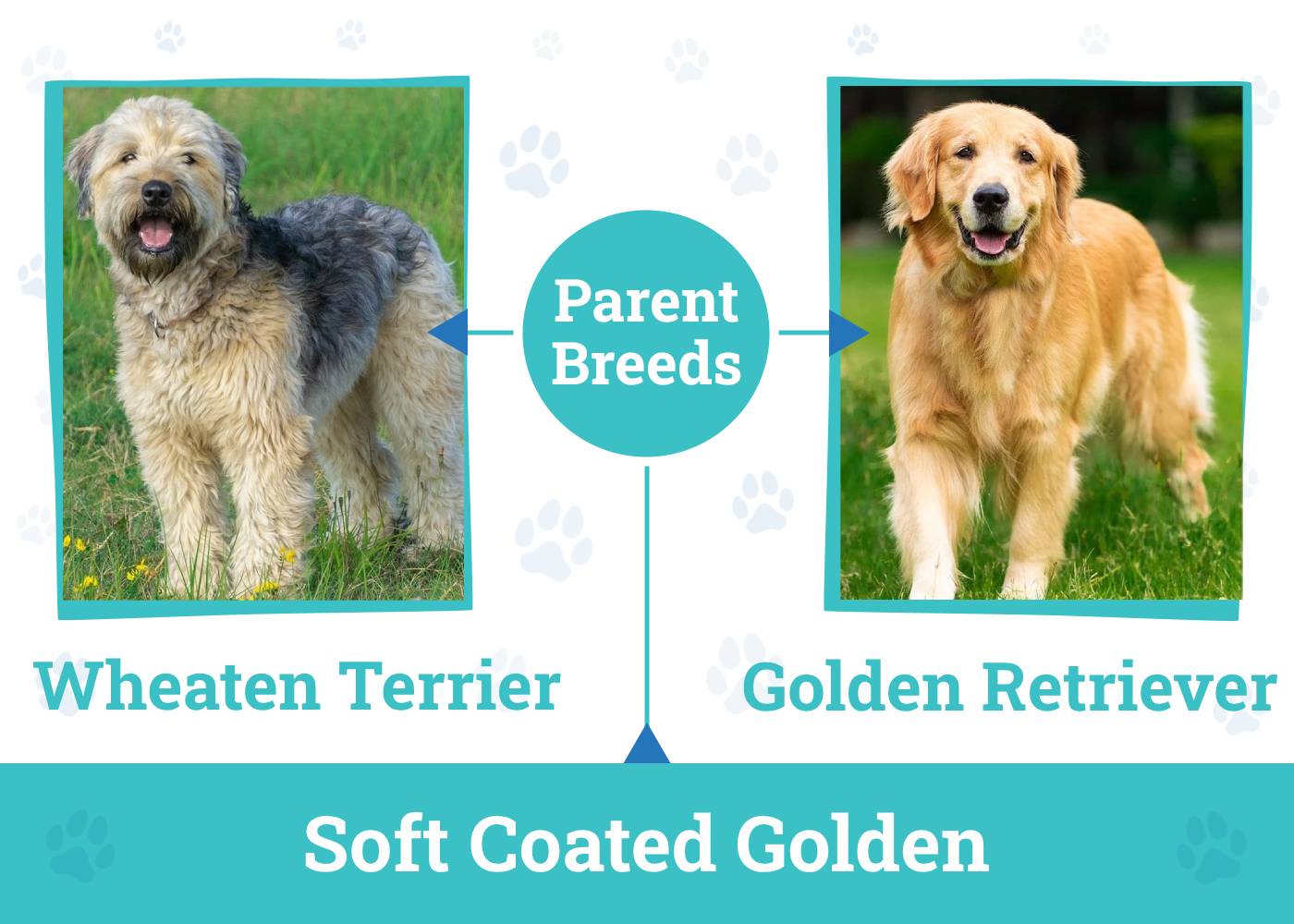

Temperament & Intelligence of the Soft-Coated Golden
While the Wheaten Terrier and the Golden Retriever might look different in quite a few ways, when you’re comparing their personalities, they’re incredibly similar. Because of this, there are some surefire things you can expect no matter which parent breed they take after more.
These dogs are extremely smart and eager to please, and while they have enough energy to keep you busy, they’re not going to run non-stop like some other breeds. Overall, they just want as much attention as you’re willing to give them, which is perfect for larger families who have plenty of people and time to devote to them.
Are These Dogs Good for Families? 👪
Soft Coated Goldens are phenomenal family dogs that tend to get along with everyone in their family, regardless of their ages. Since both the Wheaten Terrier and the Golden Retriever are great with humans of all sizes and ages, they’re really an ideal choice for almost anyone who is relatively active.
Keep in mind that they are a bit larger, so you’ll need to ensure they have plenty of space in your home and to run around outside before you add one to your household.
Does This Breed Get Along With Other Pets? 🐶 😽
Typically, the Soft Coated Golden gets along with most other pets, but if they take after their Wheaten Terrier parent a bit more than their Golden Retriever parent, they might need a bit more socialization from a young age. They typically will get along fine with other dogs and even cats, but they’re simply not quite as friendly as purebred Golden Retrievers. Again, though, this can be trained out from an early age and with consistent exposure to other animals and people.

Things to Know When Owning a Soft-Coated Golden
While owning a Soft Coated Golden is similar to owning a lot of other dog breeds, you’ll still want to know the basics before bringing one home. We don’t want you to encounter any unexpected surprises, which is why you should review the details of their general care below.
Food & Diet Requirements 🦴
Because the size of these dogs varies so much, it’s tough to say just how much your Soft Coated Golden will eat. If your pet is closer to 35 pounds, they’ll need about 2.5 cups of dry kibble daily, while if they’re closer to 70 pounds, they’ll need about 4 cups of kibble daily.
This means you can expect to spend between $35 and $70 a month on high-quality kibble, and if you’re looking for a wet or fresh food diet, you can expect that number to skyrocket to between $150 and $300 a month.
Whether you go with kibble, wet food, or fresh food, pick a high-quality option because when you’re skimping on their food, you’re only adding to future medical expenses and potentially shortening their lifespan.
Exercise 🐕
While a Soft Coated Golden doesn’t require exuberant amounts of exercise compared to some other breeds, they’re not exactly couch potatoes either. We recommend taking them out for two walks daily, and each walk should last between 15 and 20 minutes at a minimum.
From there, it’s best for them to have a fenced-in yard where they can run around throughout the day; otherwise, you’ll need to take them on daily trips to a dog park so they can burn off their excess energy. Overall, they need to stay active for about 2 hours a day, and it’s up to you how to meet that requirement.
With that in mind, it’s always a good idea to keep their minds stimulated while they’re hanging out indoors, which is where things like puzzle toys come into play.
Training 🎾
While both the Golden Retrieve and the Wheaten Terrier are dogs that are eager to please their owners, that doesn’t mean you can get away with not training them. They still need plenty of consistency and training to master even the basics.
Aim for one training session daily and for each session to last somewhere between 15 and 20 minutes. Stay positive during your training sessions, and try to find a quiet place free from distractions to ensure your pup stays focused during that time.
Grooming ✂️
One thing is for sure when you’re getting a Soft Coated Wheaten: you’re getting a dog that needs plenty of attention given to their coat. We recommend brushing them out several times a week to stay on top of things, whether it’s shedding or brushing out mats, depending on the parent breed they take after.
In addition to the constant brushing, you’ll need to brush their teeth daily to keep up with their oral hygiene, and you’ll also need to clip their nails if they start to get too long. Overall, you can expect to spend a couple of hours each week to keep up with all their grooming needs.
Health and Conditions 🏥
Overall, these dogs don’t suffer from quite as many health problems compared to most purebred breeds, but since they have two different parent breeds, there are twice as many conditions to look out for, even if they are less likely to develop each one.
Getting your dog from a reputable breeder can help reduce these risks, but you’ll want to keep an eye out for any of the following issues.
- Allergies
- Tooth pathology
- Cataracts
- Hypothyroidism
- Cancer
- Epilepsy
- Addison’s disease
- Kidney disease
- Renal dysplasia
- Obesity
Male vs. Female
Typically, there isn’t much of a difference between a male and female Soft Coated Golden, and the size difference you would expect to see with most breeds is largely muted because the parent breed they take after matters more.
If they take more after their Golden Retriever parent, they will likely be larger regardless of gender. However, personality-wise it’s not uncommon for females to be a little more independent, but because these pups almost always want your attention, it’s not something you’re likely to notice unless you’re comparing them to a littermate.

3 Little-Known Facts About the Soft-Coated Golden
1. They Can Be “Hypoallergenic”
“Golden Retriever” and “hypoallergenic” are two terms that usually don’t go together, but since they can take after their Wheaten Terrier parent, the Soft Coated Golden can be more hypoallergenic. Still, you need to know that no dog is truly hypoallergenic, and the curly coat of the terrier parent simply means they’ll shed less.
2. They Love the Water
Whether your dog takes after their Golden Retriever or Wheaten Terrier heritage, they won’t be able to get enough of the water. Don’t believe us? Take your Soft Coated Golden to an open body of water and let them take care of the rest.
3. They’re Active and Agile Pups
While these dogs might be on the larger side, their agility and versatility will likely surprise you. They’re great at obstacle courses and seem to always be moving around. They’re not going to run non-stop, but if you don’t get them moving enough, their energy levels can become a problem!

Final Thoughts
Now that you know a little more about the Soft Coated Wheaten, all that’s left is for you to decide if one is the right choice for you and your family. They’re great pups, but like any mixed breed, they can take after one parent or another for every trait, so you never really know what you’ll get until you bring them home.
That’s not always a bad thing, but it can lead to a more challenging experience for first-time dog owners. Still, there’s no denying they’re loving and affectionate, so they’re well worth a look.
See also:
- Ichthyosis in Golden Retrievers: Vet Explains the Signs, Causes & Care
- Wheaten Terrier Husky Mix: Info, Pictures, Care & More
Featured Image Credit: (L) Wirestock Creators, Shutterstock | (R) Joop Snijder Photography, Shutterstock


